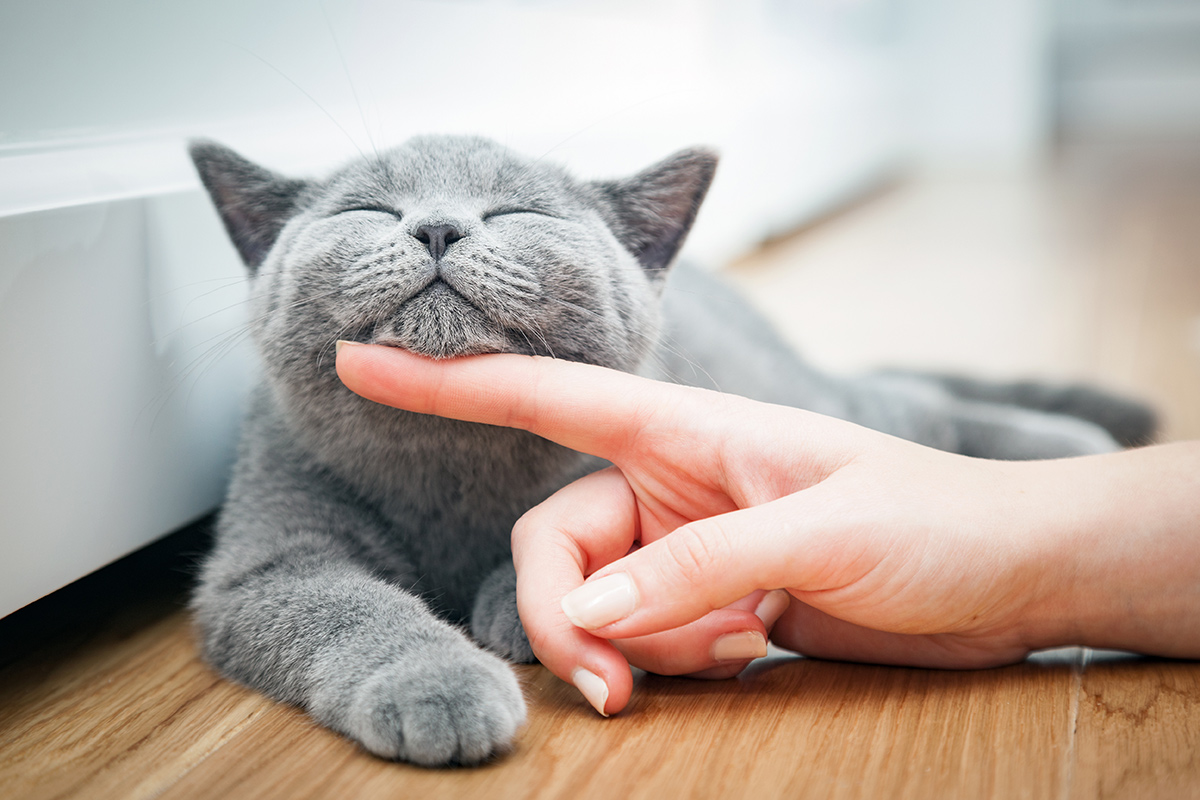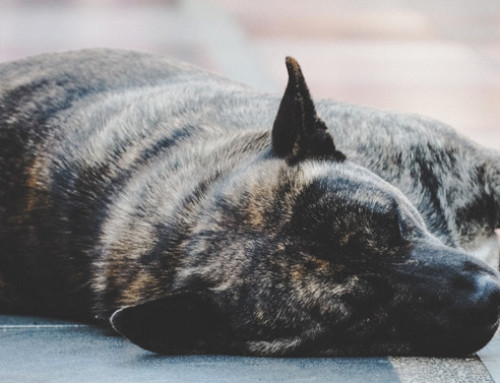If you’ve noticed the early signs of your cat being pregnant (such as enlarged nipples and your cat not going into heat when she normally would), then you’ll need to take special care of your cat over the next two months or so until the kittens are born – with the average length of a cat’s pregnancy being 64 days.
The first thing you should do is take your cat to the vet and make sure that she’s healthy and free of existing conditions that might complicate her pregnancy. At that point, the vet will talk you through any concerns that he or she might have about your cat’s ability to deliver kittens.
Assuming that your cat is healthy, however, with some care you’ll be able to ensure that the kittens are delivered safely and comfortably at home.
Monitoring your cat’s food intake
You should be monitoring your cat’s intake of food. For the first six weeks of the pregnancy, dietary changes are unnecessary, but after that point, the cat should be feeling hungrier, and you should adjust her diet to suit. An additional 25 per cent of food is a good baseline to work to from that six week period. It’s also a good idea to switch the cat over to food for growing kittens at this point, as the cat will require additional calcium and other nutrients for growing animals, that is typically less prevalent in adult cat food.
At the same time, while a pregnant cat might be eating more, it’s also important to make sure that she’s not growing obese, which can affect her health through the pregnancy and afterwards. Taking the cat on walks to ensure that she’s stretching her muscles out is important throughout the pregnancy term.
Keeping an eye out for complications
It’s also important to keep an eye on the cat for signs of complications in the pregnancy. The four most important signs to look out for are:
- An elevated temperature
- Depressed or lethargic behaviour
- Unpleasant smelling discharge coming from the vagina
- Blood in the urine
Head straight to the vet if you notice any of these.
You should also speak to your vet about medications early on. Not all medications, worming, or flea treatments are healthy for pregnant animals, and you should get the recommendation of the vet on which you should use through the pregnancy period. During this period you should also refrain from using strong antiseptics or chemicals in the home, which can be toxic to cats, and particularly impactful on the unborn kittens. Again, your vet will be able to tell you what alternatives you should use through this period of time.
Helping your cat through the birthing process
Well before the birth, you should also set aside a quiet, safe place that the cat can identify as a good place to give birth. This space should be warm (add blankets for comfort), away from other family members, and, in the eyes of the cat ‘defensible’ – enclosed and snug. It should also be clean, for obvious reasons. Cats generally start looking for a suitable location to give birth a week before they do so, but making sure that the cat’s aware of this spot in the weeks leading up to this will help to make sure that the cat chooses this specific spot to give birth.
During the birth itself, it’s important to keep an eye on the cat, without disturbing it unless necessary, to ensure that the birth is going smoothly. A cat can deliver up to nine kittens in a litter, though between four and six are most common. Delivery can last up to 12 hours in total, though generally speaking each birth is between 10 and 60 minutes apart. If it looks like the cat is suffering complications, is straining without the kitten coming out, is looking too tired to continue to push (and kittens still need to be birthed) or the timings are significantly out from what is described above, seek your vet’s advice immediately.
While you don’t want to disturb the cat too much through the birthing, be prepared and have clean towels, a hot water bottle, a feeding bottle or syringe and some specialist substitute cat milk replacement prepared ahead of time to help clean the birthing space, and help the mother cat feed and care for the kittens if necessary. But don’t use cow or goat’s milk!
If there are no signs of complications, leave the cat alone through this process, making sure that there are no health risks to newborn kittens, such as a water bowl that they might drown in. One thing that is important is to avoid handling the kittens for the first week after birth as much as possible, as mother cats have been known to kill kittens that are too overly handled by humans. It’s a good idea to restrict access to the space where the cat has given birth for the first week or so after the kittens are born for the full family. However, keep an eye out for kittens that might be struggling to feed or are being neglected by the mother cat; these kittens might need special care, which your vet will be able to walk you through.
Taking steps to ensure a healthy birth
There are many small things you can do throughout your cat’s pregnancy as well as the birthing period to ensure both her and her kittens are healthy. Keeping an area clean for her and making she has has nutritional and physical support will be helpful for her delivering her kittens. Keep in mind that you should always contact your vet as soon as possible if you have any questions or encounter complications.







Leave A Comment